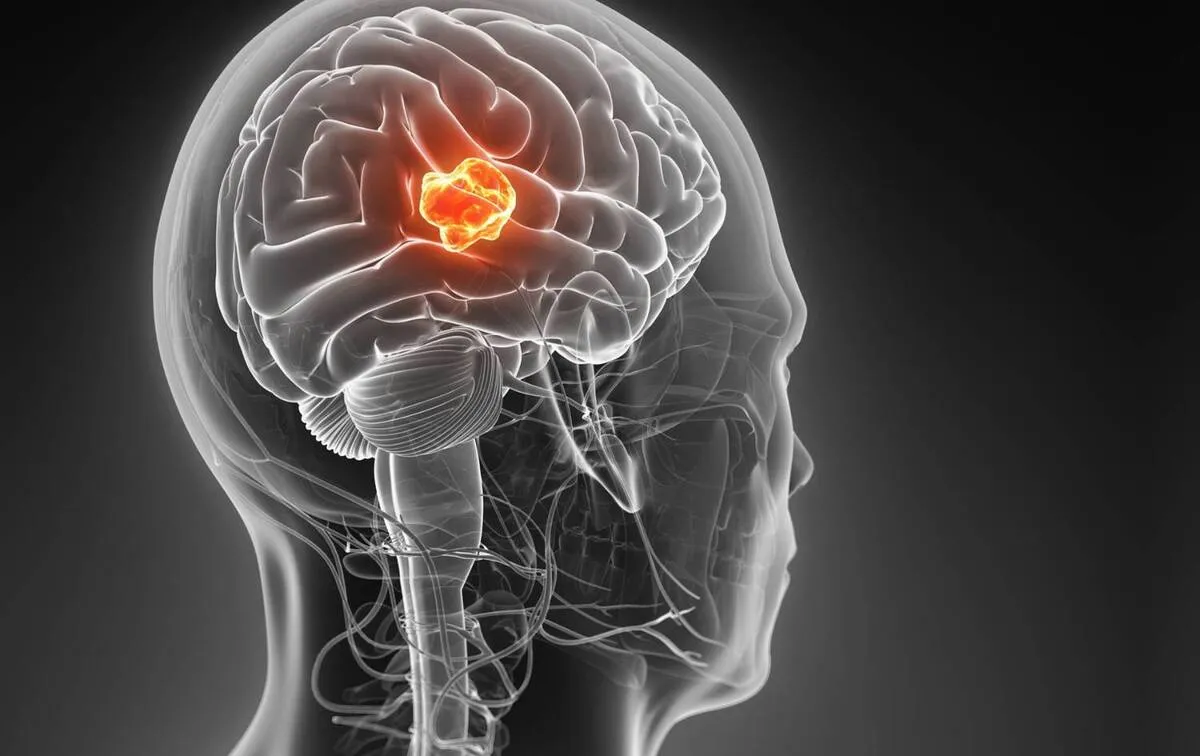AI Predicts Pediatric Brain Tumor Relapse with Surprising Accuracy

By applying a novel “temporal learning” method that processes multiple post-treatment images, the AI significantly outperforms traditional single-scan models, the journal NEJM AI reported.
The approach promises to reduce unnecessary imaging and anxiety for families, while enabling earlier, more targeted intervention when recurrence risk is high. Clinical trials are anticipated to confirm its effectiveness in real-world settings.
Artificial intelligence (AI) is increasingly valuable for analyzing large sets of medical images, often uncovering patterns that might go unnoticed by human experts. In pediatric brain cancer care, AI has the potential to improve how doctors monitor children with gliomas, a type of brain tumor that is generally treatable but can sometimes return after treatment.
Researchers from Mass General Brigham, in collaboration with Boston Children’s Hospital and Dana-Farber/Boston Children’s Cancer and Blood Disorders Center, have developed a deep learning system that analyzes a series of brain scans taken after treatment. The AI is trained to identify early signs that a tumor may come back. Their findings were recently published in The New England Journal of Medicine AI.
“Many pediatric gliomas are curable with surgery alone, but when relapses occur, they can be devastating,” said corresponding author Benjamin Kann, MD, of the Artificial Intelligence in Medicine (AIM) Program at Mass General Brigham and the Department of Radiation Oncology at Brigham and Women’s Hospital. “It is very difficult to predict who may be at risk of recurrence, so patients undergo frequent follow-up with magnetic resonance (MR) imaging for many years, a process that can be stressful and burdensome for children and families. We need better tools to identify early which patients are at the highest risk of recurrence.”
Because pediatric cancers are relatively rare, studies like this often face challenges due to limited data. To overcome this, the researchers partnered with institutions across the U.S. to compile a dataset of nearly 4,000 MRI scans from 715 children. To get the most out of this data, they used a method called temporal learning. This approach trains the AI to recognize patterns by examining how a child’s brain scans change over time after surgery, improving its ability to predict whether a tumor might return.
Typically, AI models for medical imaging are trained to draw conclusions from single scans; with temporal learning, which has not previously been used for medical imaging AI research, images acquired over time inform the algorithm’s prediction of cancer recurrence. To develop the temporal learning model, the researchers first trained the model to sequence a patient’s post-surgery MR scans in chronological order so that the model could learn to recognize subtle changes. From there, the researchers fine-tuned the model to correctly associate changes with subsequent cancer recurrence, where appropriate.
Ultimately, the researchers found that the temporal learning model predicted recurrence of either low- or high-grade glioma by one-year post-treatment, with an accuracy of 75-89 percent — substantially better than the accuracy associated with predictions based on single images, which they found to be roughly 50 percent (no better than chance). Providing the AI with images from more timepoints post-treatment increased the model’s prediction accuracy, but only four to six images were required before this improvement plateaued.
The researchers caution that further validation across additional settings is necessary prior to clinical application. Ultimately, they hope to launch clinical trials to see if AI-informed risk predictions can result in improvements to care — whether by reducing imaging frequency for the lowest-risk patients or by preemptively treating high-risk patients with targeted adjuvant therapies.
“We have shown that AI is capable of effectively analyzing and making predictions from multiple images, not just single scans,” said first author Divyanshu Tak, MS, of the AIM Program at Mass General Brigham and the Department of Radiation Oncology at the Brigham. “This technique may be applied in many settings where patients get serial, longitudinal imaging, and we’re excited to see what this project will inspire.”
4155/v





















